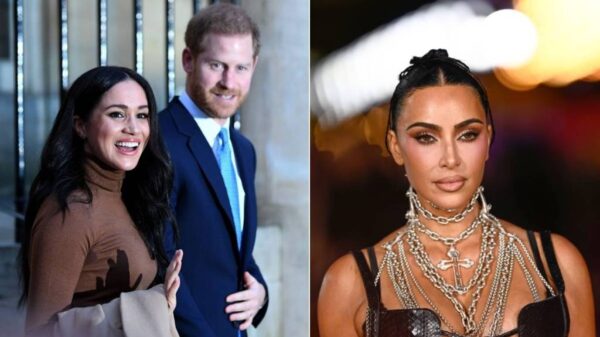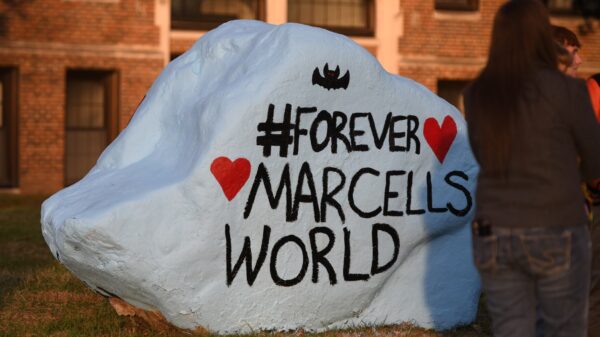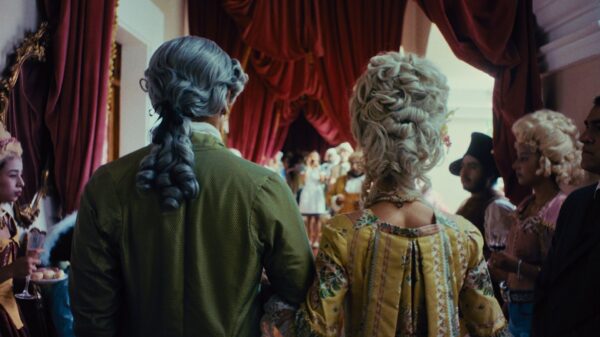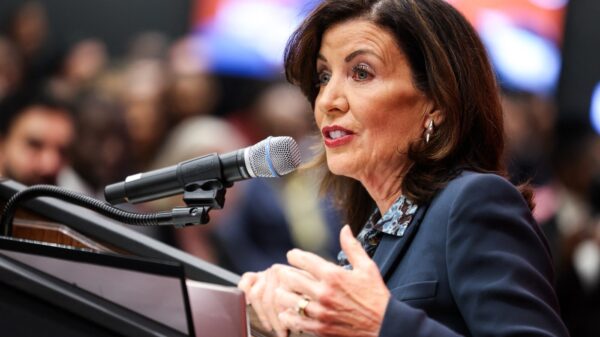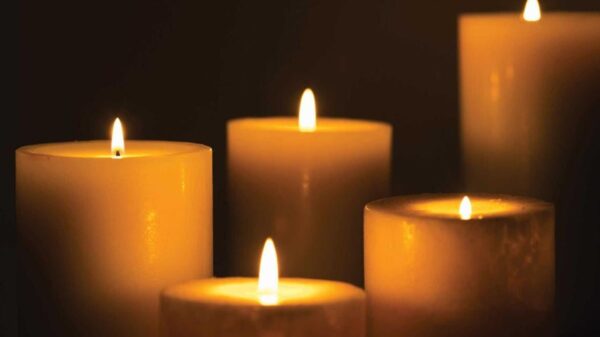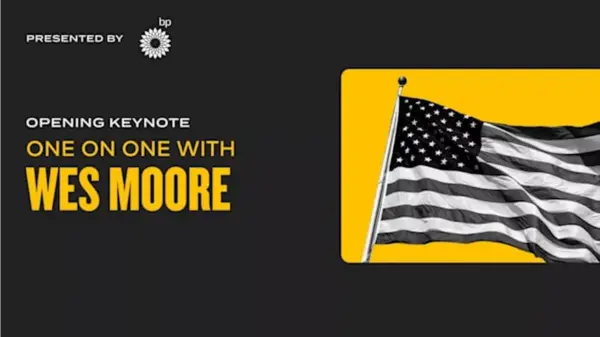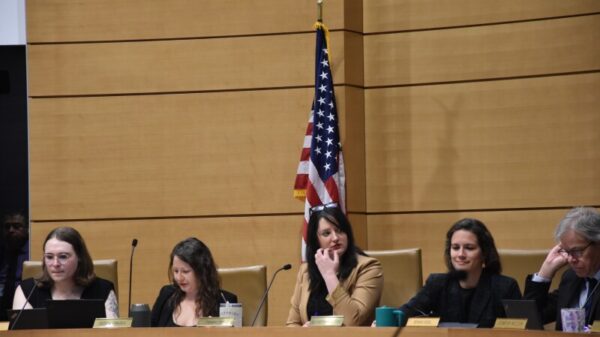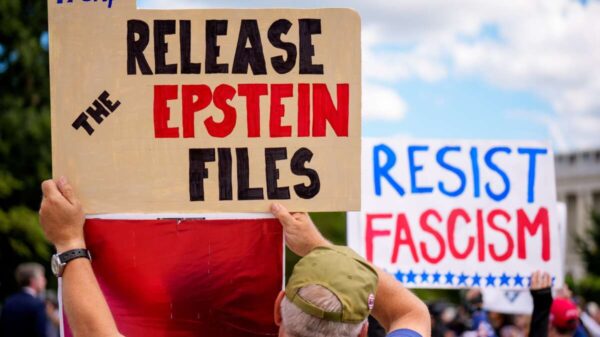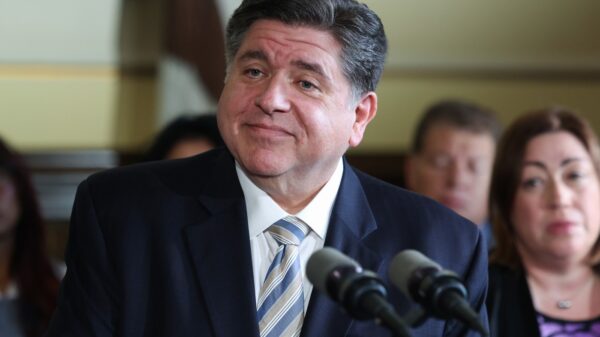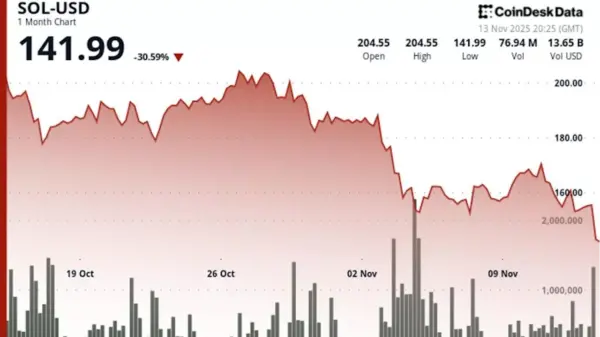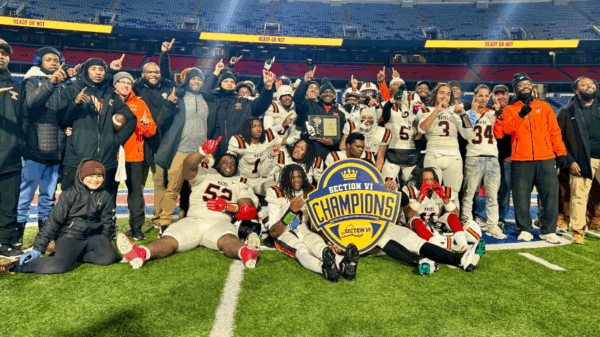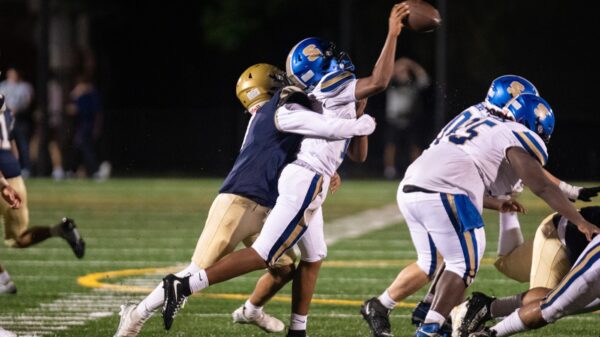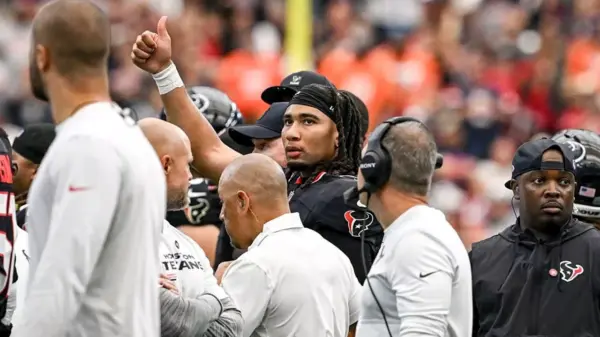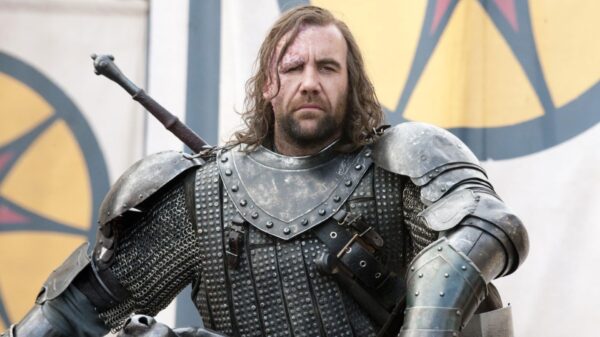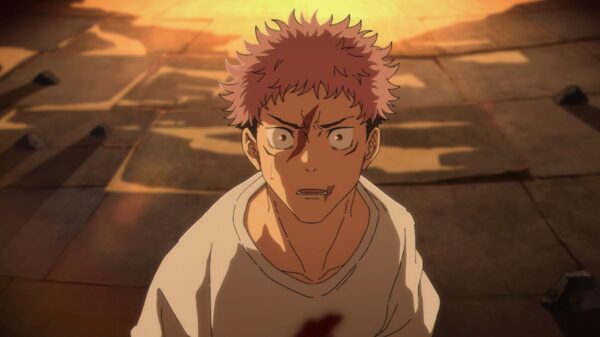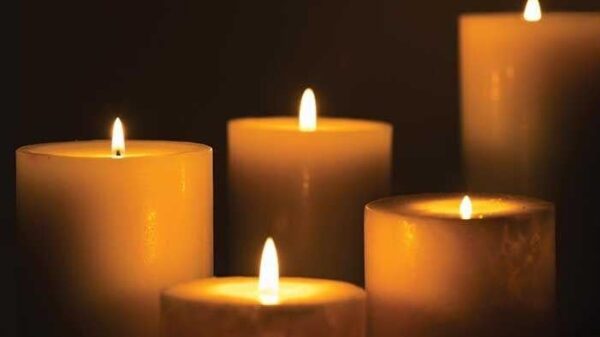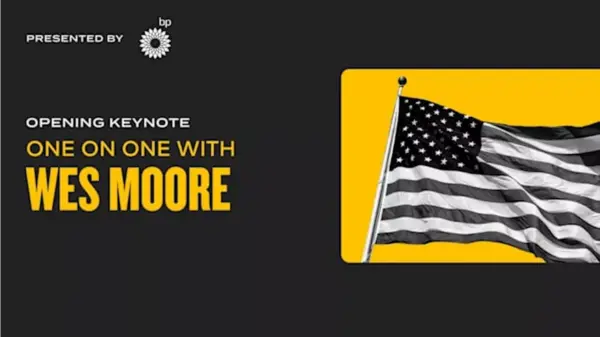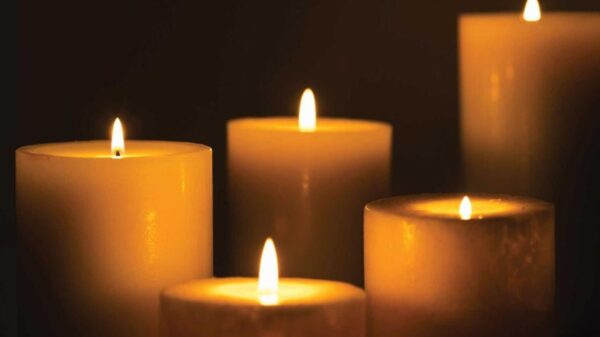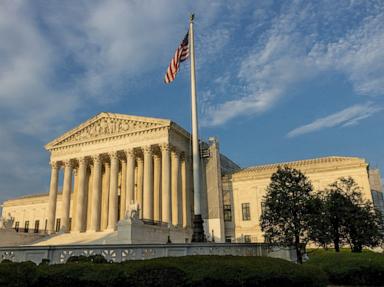BREAKING: The U.S. Supreme Court is set to make a historic ruling on religious rights for Rastafarians, with a decision expected by June 2026. The case centers on Damon Landor, a devout Rastafarian from Louisiana, whose dreadlocks were forcibly shaved while he served time in the Raymond Laborde Correctional Center.
This landmark case highlights ongoing issues of discrimination and religious freedom for minority faiths in America. Devout Rastafarians argue that their sacred dreadlocks, a physical manifestation of their beliefs, must be protected under federal law. “It’s like a sacred covenant,” says Ziah Ayubu, a Rastafarian artist following the case closely. For many, this legal battle is not just about Landor but a fight for justice that impacts the wider Rastafarian community.
In 2023, as Landor completed a five-month sentence, he requested a religious exemption to retain his dreadlocks, but this was denied. He was then handcuffed and forcibly shaved, a traumatic experience he described as equivalent to being raped. “They knew better than to cut my hair, but they did it anyway,” Landor stated in a recent interview with ABC News. His subsequent lawsuit for damages was dismissed by a federal court due to unclear legal pathways for accountability.
The Religious Land Use and Incarcerated Persons Act, enacted in 2000, mandates that states accommodate sincere religious practices unless a compelling state interest is proven. However, confusion exists regarding whether individual prison officials can be sued for damages related to such violations. Landor’s attorney, Zach Tripp, argues, “Without damages, the law has no teeth. It is a right without a remedy.”
Louisiana Attorney General Liz Murrill has stated the state supports religious freedom but warns that accountability for prison officials could overwhelm state resources. “This becomes a lot more complicated in a prison setting,” she added.
Civil rights advocates emphasize the urgent need for the Supreme Court to clarify these legal boundaries. Victims of discriminatory practices, like Solomon Tafari, who spent a decade in solitary confinement for refusing to cut his dreadlocks, echo this sentiment. “I just wish that nobody has to go through what I went through,” Tafari said.
The case is part of a larger pattern of grievances regarding religious freedom in prisons. Between 2017 and 2023, nearly 600 grievances related to religious practices were filed in federal prisons, yet only one case was resolved favorably for the inmate.
Rastafarians have faced similar challenges across the nation. In 2018, Thomas Walker was forced to cut his dreadlocks in an Illinois prison, and Carlos Thurman faced the same fate in Kentucky in 2022. These incidents have sparked calls for reforms and accountability within the prison system.
As the Supreme Court prepares to hear this case, Rastafarians and their advocates are hopeful for a change in how their beliefs and practices are recognized. “We’re still here, still working, still loving each other,” Ayubu expressed, emphasizing the resilience of the Rastafarian community.
The impending ruling could set a precedent for how religious rights are upheld in correctional facilities across the U.S., making this a pivotal moment in the fight for justice and accountability.


